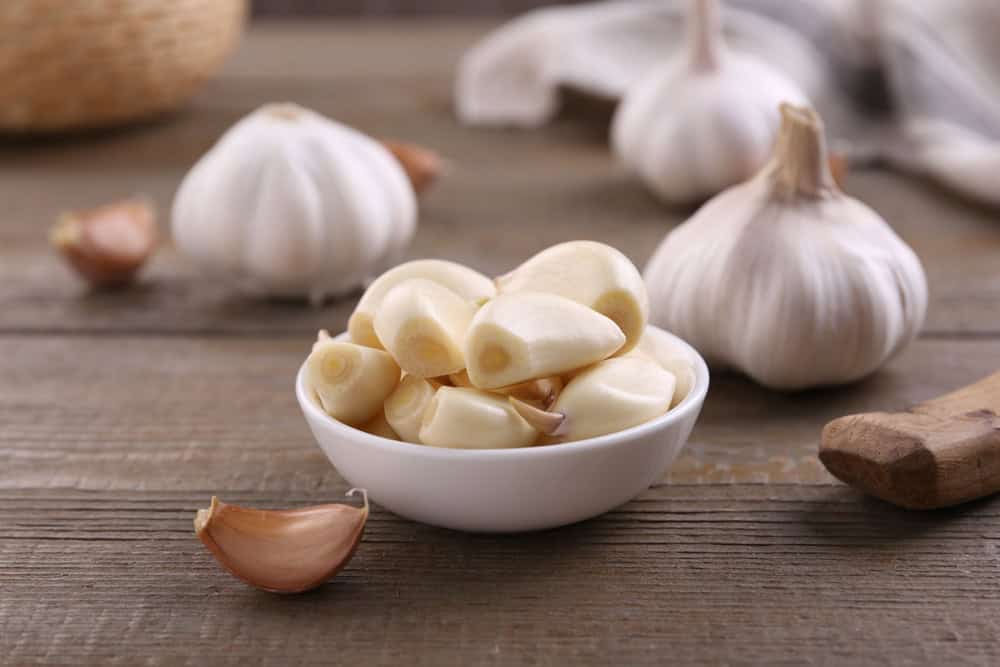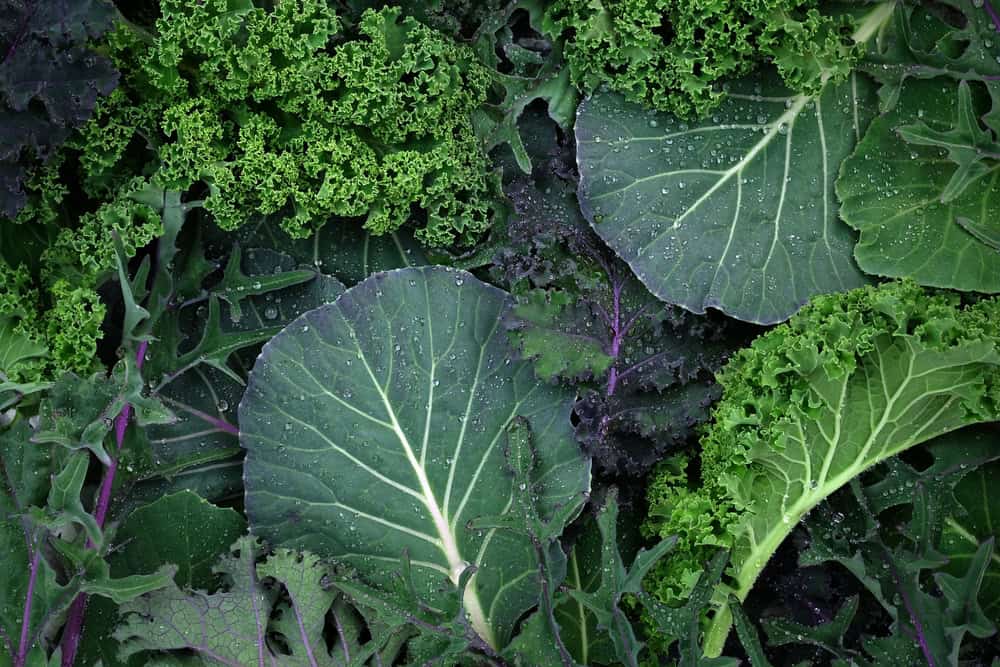
As the temperature drops, the digestive systems we’re used to in the warmer months often slow down. Cold weather can reduce our metabolism, lead to cravings for heavier comfort foods, and put our gastrointestinal systems in a situation where it’s not okay to slow down digestion, resulting in bloating or constipation. It’s important to maintain a healthy gut during cold weather, not only for digestion, but for immunity as well, considering that approximately 70% of our immune system lives in our gut.
A few studies have shown that when the gut microbiome is balanced, we can better fight off infections, absorb nutrients, and stabilise our mood and energy levels during the darker and colder months.
Nutritionist Mamta Sharma at Tata 1mg says, “The gut is often called the body’s ‘second brain’ due to its crucial role in overall health. Consuming foods that promote healthy digestion and nourish beneficial gut bacteria is essential, especially during the winter months, to support strong immunity and overall well-being.
Including these 7 superfoods in your winter diet can help keep your gut microbiome balanced and happy during the colder months.
1. Fermented Foods: The Probiotic Powerhouses

Fermented foods are among the most effective ways to introduce beneficial bacteria into your gut. Particularly during the winter months, they can also help enhance immunity and fight seasonal infections of flu and colds.
Include these options in your diet, like curd, kefir, kimchi, sauerkraut, kombucha, kanji, and idli or dosa. These contain probiotics (live bacteria) to help with digestion and also increase absorption of nutrients.
Tip: Have a cup of curd after lunch or try to include a small amount of fermented vegetables in your dinner or lunch. This can help balance both good and bad gut flora to aid digestion, minimize bloating or acidity.
2. Garlic: Nature’s Antibacterial Gut Cleanser

Garlic is not just a winter immunity enhancer; it is also good for gut health. Garlic contains prebiotics (non-digestible fibres that feed good bacteria in the gut), while also possessing potent antibacterial and antiviral properties.
Adding raw or lightly cooked garlic to your diet will also stimulate digestive enzymes, help grow healthy gut bacteria such as Lactobacillus, and protect against harmful pathogens.
3. Root Vegetables: A Winter Fuel Packed With Fibre

Winter brings a nice selection of root vegetables (carrots, sweet potatoes, beets, turnips, and radishes) that are high in soluble fibre, which is important for good digestion.
Fibre not only helps reduce the risk of colonic diseases, but it also helps to feed the good bacteria living in your intestines and provides you with short-chain fatty acid production (SCFAs) that reduce inflammation and promote colon health.
Tip: Roast or steam these vegetables in a bit of olive oil and herbs. They will help you digest and feel fuller longer, perfect for winter cravings.
4. Apples: A Crunchy, Gut-Friendly Snack

“An apple a day keeps the doctor away,” and your gut would agree. Apples contain a soluble fibre called pectin, which is a prebiotic and will help feed beneficial bacteria while facilitating intestinal rhythm.
In addition to the above, apples will also help avoid digestive sluggishness throughout the winter from heavier winter meals and help minimise the possible bloating associated with those meals, as well.
Tip: Enjoy one fresh apple mid-morning for extra digestive help, or add to oatmeal for a fibre-rich, energizing breakfast.
5. Hot Soups & Broths: Gentle on the Stomach

Hot soups and bone broths not only feel good, but they’re also incredibly nourishing for your gut lining. In addition to providing you with hydration & important minerals, bone broth includes collagen that supports the gut barrier.
A cup of vegetable soup or bone broth can calm your digestive tract, especially when you experience acidity or bloating during the winter months.
Tip: Tossing fibrous veggies (like spinach, carrots, and mushrooms) into your soups will increase your prebiotic intake, too! Avoid creamy soups, which can slow digestive power.
6. Whole Grains: The Core of a Healthy Gut’s Fiber Content

Whole grains, including oats, brown rice, quinoa, and millet (ragi, jowar, bajra), are high in fiber and other important nutrients because they promote regular bowel movements and also foster gut microbes.
Refined carbs such as white bread, white rice, etc, can knock the gut out of balance, which can lead to constipation. Substituting whole grains that are rich in fiber will help improve digestion and stabilize blood sugar.
Tip: Try having some warm bowl of oats with nuts and fruits for breakfast or multigrain rotis instead of chapati made with white flour!
7. Leafy Green Vegetables: A Winter Gut Cleanser
 Green leafy vegetables like spinach, methi (fenugreek), sarson (mustard greens), and kale are a great winter gut superfood for each of us that are rich in prebiotic fibres, chlorophyll, and antioxidants to help eliminate toxins from the gut, facilitate bowel movements, and improve liver function.
Green leafy vegetables like spinach, methi (fenugreek), sarson (mustard greens), and kale are a great winter gut superfood for each of us that are rich in prebiotic fibres, chlorophyll, and antioxidants to help eliminate toxins from the gut, facilitate bowel movements, and improve liver function.
These greens also provide a special plant sugar called sulfoquinovose that acts as a prebiotic food source for good bacteria in our gut, whilst keeping harmful gut microbes in check.
Tip: They are best enjoyed steamed on low heat for a few minutes or sautéed quickly with garlic and olive oil (oversteaming or boiling can negate some of their beneficial nutrients).
She further says, pairing makke di roti, sarson da saag, and a little jaggery makes the perfect winter thali—full of good carbs, protein, fibre, and loads of vitamins and minerals. This wholesome combo keeps your gut happy, boosts your immunity, and gives you lasting energy and warmth when it’s cold outside. Adding a spoonful of ghee not only makes it tastier but also helps your body soak up all the goodness from the meal.
Additional Tips to Keep Your Gut Happy This Winter
-Hydrate: Being winter, it is easy to become dehydrated by drinking less water. Consume water warmed (preferably above body temperature) or sip warm herbal teas (ginger, fennel tea) after meals to assist digestion.
-Avoid overeating: The rich meal sizes we have may slow digestion. Instead, choose smaller sizes and balanced portion sizes.
-Manage stress: Since mental stress can affect gut health, you should aim to increase mental stress relief activities, such as yoga, meditation, and breathing exercises.
-Include seasonal fruits: Seasonal fruit, such as oranges, amla, and guava, have vitamin C and fibre to support gut health, to help overall digestion.
Final Takeaway
Strong gut health is necessary for good health, especially during the chillier months when ourimmune systems are low in action and digestion tends to be slower.
When you incorporate these 7 healthy winter foods into your daily diet, it enhances good digestion, immunity, energy, and mood.
This winter, nurture your gut with healthy and warm nutrients, fibre, and naturally occurring probiotics. Your body will return the favour by rewarding you with clearer skin, more energy, and a stronger immune system.
FAQs
Q. Is it safe to consume fermented foods during winter?
Yes! Different types of fermented foods are a fantastic food source for gut health, even during the winter months. Foods like curd, idli batter, kimchi, and sauerkraut all contain probiotics, which also help to strengthen the immune system while improving digestion. Just store fermented foods appropriately and do not consume them straight out of the fridge.
Q. Why is the health of the gut so important in winter?
During winter, metabolism slows down, and people tend to eat heavier, carb-rich foods, both of which are lower in fibre. Thus, bloating, constipation, and slow digestion are all possibilities. An optimal gut helps support immunity, absorption of nutrients, and energy – all vital in the cold months when the occurrence of infection is greater.
Q. Other than food, how can I naturally support gut health?
Aside from including fibres and probiotics, the best ways to support gut health are through good hydration (not sugar or caffeine), managing stress, getting enough sleep, and exercising regularly. Herbal teas such as ginger, fennel, or peppermint also promote gut health by alleviating bloating and soothing digestion during the winter months.
(The article is written by Deepa Sarkar, Medical Writer, and reviewed by Monalisa Deka, Deputy Manager, Clinical Health & Content, Medical Affairs)